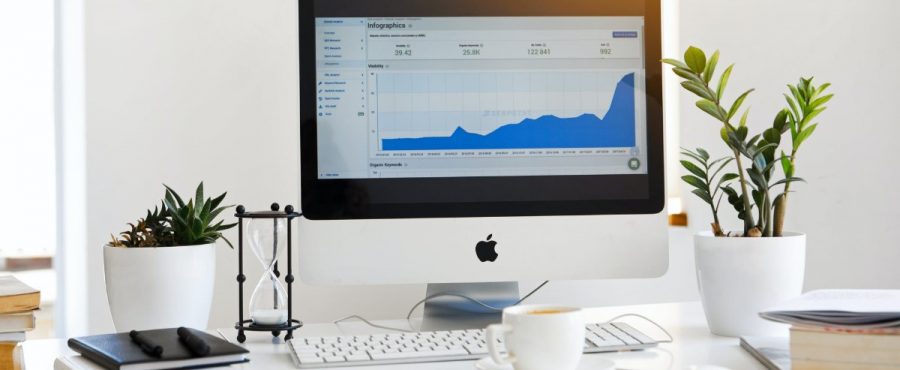Cybersecurity Risks of Working from Home & How To Prevent Them
The coronavirus pandemic has led to a large portion of the workforce working from home. City shutdowns, stay-at-home orders, and social distancing guidelines that popped up in response to COVID-19 have shifted employees from office buildings to at-home offices. Even as restrictions lift, many people are opting to continue working from home to stay safe and stop the spread of the virus.
As companies adjust to this major change, they must prioritize cybersecurity to keep their networks and valuable data safe from hackers and cybercriminals. IT professionals and data center teams across the country are focusing on how to maintain security when employees work remotely. To do that they must first know the common cybersecurity risks their organizations may face during the pandemic.
Social Engineering Schemes
Eager to exploit a distracted workforce worried about the coronavirus, scammers and hackers have sent an increased amount of phishing attacks in an effort to obtain personal and company information which they can then use to break into company networks. A recent study showed that there was a 667% increase in phishing attacks launched in March compared to February, many of them related to COVID-19. Attacks ranged from emails from fake charities asking for donations to a malicious mobile application posing as a World Health Organization program, which stole sensitive data once installed.
“Hackers are taking advantage of people’s fear and anxiety over their personal safety and health. The challenge for chief security officers is they have no idea how employees are reacting to these phishing attempts because they are not operating within the tight controls of the security program within the company’s four walls.” – Matthew Moynahan, CEO of Forcepoint1
Vulnerabilities of VPN
Many employees are using virtual private networks (VPNs) to access their employers’ networks while working from home. A recent study conducted by Kaspersky Lab found that 53% of respondents were using a VPN.2 However, VPN connections aren’t always secure access points and can leave company information and content vulnerable to hackers. If an employee’s personal home network is already infected with malware or consists of compromised hardware, a VPN can become even more vulnerable to cyber attacks. Ensuring endpoint integrity and strong authentication protocols are critical to secure VPN connections.
A Variety of Personal Devices
“It’s more important for you as security admin to take into consideration all of the different IoT devices and all of the consumer devices that may be interacting with whatever laptop or mobile device that employee is using on the same network as those IoT devices.” – Chris Sherman, Senior Analyst at Forrester Research 3
Remote workers usually take their office machines to their home offices or use the personal devices they already have at home. All these different devices that make up a home network, whether they are computers, laptops, printers, routers, gaming consoles, or mobile devices, create a complex communication and processing system. Without the proper protections and company rules in place moderating the use of personal devices to access company information, every additional device can serve as a vulnerable access point for hackers.
“Going into the post-pandemic era, artificial intelligence, data technology, and multi-cloud [applications] will grow bigger as an ecosystem. It will be important for businesses in every industry to create an efficient digital environment.” – Tan Wijaya, President of IBM Indonesia 4
At LightWave Networks, we offer colocation services at our Boston colocation facility and Dallas data center. We also offer remote backup services, disaster recovery planning, IP transit services, dedicated servers in Boston and Dallas, managed networking, and more. To learn more about our top-notch IT services and cybersecurity practices, contact us or call 844.722.COLO today!
Sources
- Russ Banham, Forbes – Rise of Remote Work: Preventing Cybersecurity Risks
- Kaspersky – How COVID-19 changed the way people work
- Taylor Driscoll, TechTarget – Remote work cybersecurity a concern during pandemic
- Eisya A. Eloksari, The Jakarta Post – IBM advises tighter cybersecurity in new remote work era

